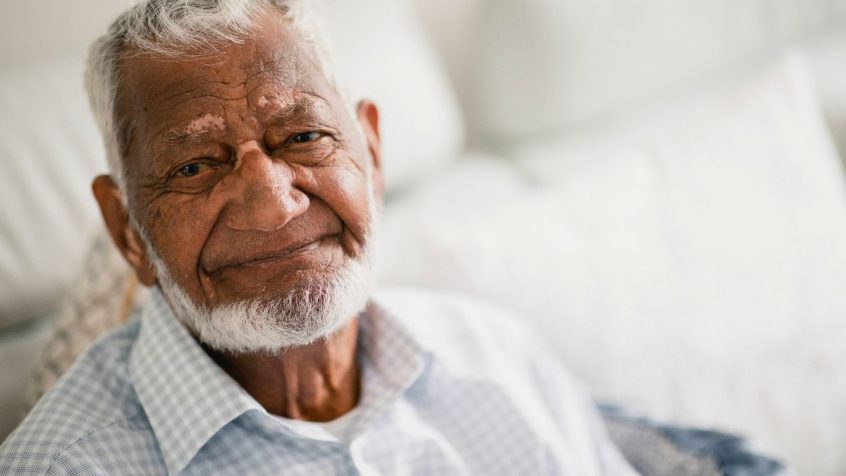Do we need a more diverse range of people to develop our health and social care services in order to tackle inequality in accessing care?
A new report from University College London says we do, and has laid bare difficulties faced by British Muslims when trying to access palliative and end-of-life care.
The report – a collaboration between the Muslim Council of Britain, end-of-life charity Marie Curie, the University of Leeds and UCL – reveals a postcode lottery of care.
It says the Covid-19 pandemic made pre-existing health inequalities worse, and disproportionately affected the health of people from most minority groups.
Family members described not knowing how to support their loved ones’ distressing symptoms, and struggling to get the information and support they needed.
As a result, healthcare providers need to do more to raise awareness of what palliative and end-of-life care services are available to minority groups, including British Muslims.
Zara Mohammed, secretary general of the Muslim Council of Britain, said: “This report highlights the deep-seated nature of health inequalities and their particular prevalence within British Muslim communities”.
Moreover, during the peak of the pandemic, minority groups had the highest rate of Covid-19 deaths.
Key to the report were interviews by members of the British Muslim community with people who had experienced the health system during the Covid-19 pandemic. Families and patients described difficulties in accessing healthcare, isolation and restrictions around rituals.
The shift to online and virtual delivery of care during Covid-19 compounded difficulties, with healthcare providers relying too much on digital solutions which many people struggle to access.
Patients also felt unsure about how to access information or support for their care needs, and sometimes struggled to be understood.
Co-author Dr Gemma Clarke, from the University of Leeds, said: “British Muslims told us they felt left behind and didn’t know where to turn for help during the most difficult times of their lives.
“We want our work to be used to design better services that properly support the people that need them.”
Co-author Dr Briony Hudson, of UCL Psychiatry and Marie Curie, said: “What is also clear from this research is that more support is needed for those who do not have the support of family networks.
“It is crucial those who are isolated or vulnerable have routes into the support that they need.”
The report makes recommendations for improving care for minority groups.
These include providing culturally appropriate services, better support for family and carers of people with palliative care needs, tackling health exclusion through early involvement, and making information more accessible.
It’s about time this started happening.

